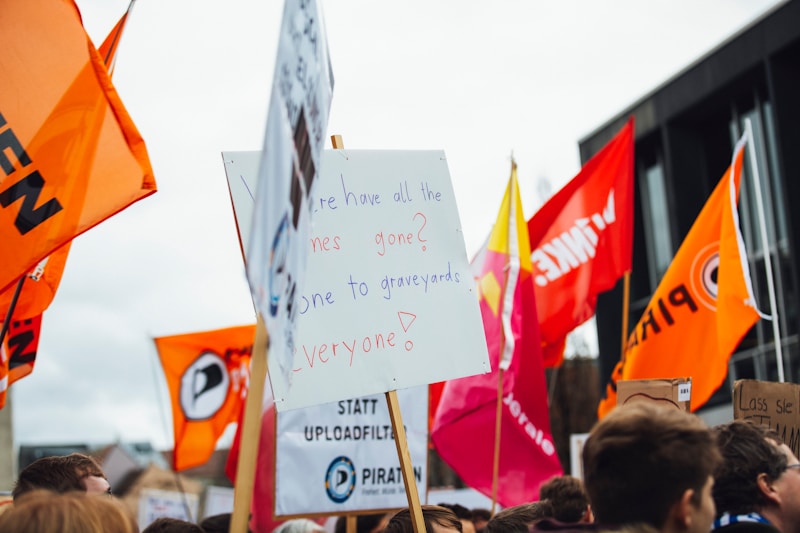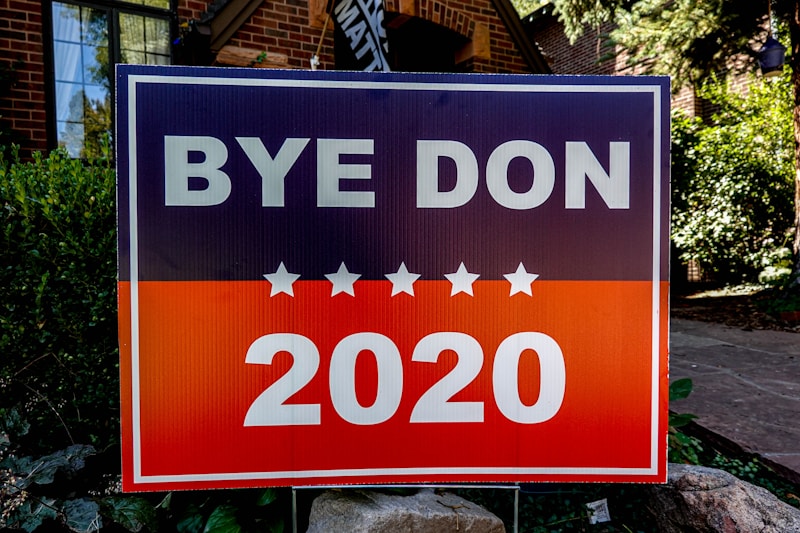10 Questions
What is the emphasis in economics when studying decision-making processes?
Emphasis on rational choices
Which concept dictates price formation in market economies according to the text?
Demand and supply
What major question in economics is related to the allocation of goods, services, or resources under scarcity?
Who gets what, how, and why?
Which area of study focuses on examining tradeoffs between various goods, services, or resources when scarcity is present?
Economics
What type of models do economists develop based on observed behaviors and data?
Macroeconomic models
What is the main focus of political science?
Understanding power structures in societies
Which of the following is NOT a key area of study in political science?
Types of rocks and minerals
What type of phenomena do political scientists study?
Historical events, current developments, and future trends
How do political scientists contribute to society?
By analyzing the outcomes of elections on different systems of governance
Which factor influences public policies according to political science?
Historical events and economic downturns
Study Notes
Social Science and Its Subfields of Political Science and Economics
Social science is an interdisciplinary field that encompasses a variety of academic disciplines focused on understanding different aspects of human society. It includes fields like anthropology, sociology, psychology, philosophy, and law among others. Within this broad scope, we will focus specifically on two key subfields: political science and economics.
Political Science
Political science deals with analyzing power structures within societies, how they function, and their effects on individuals and groups within those societies. At its core, it's concerned with who makes decisions, why they make them, and what kind of effect these decisions have. As such, it studies phenomena including:
- Forms of government and types of regimes
- Structure and process of authority and power distribution
- Interactions between states
- Domestic politics
- Public policy
- Dynamics of conflict resolution
In essence, political scientists try to understand what influences public policies and individual behavior by exploring historical events, current developments, and potential future trends. For example, they might investigate how governments respond to economic downturns or analyze the outcomes of elections on different systems of governance. In so doing, they aim to offer explanations regarding how people participate, interact, and influence one another within their particular social context.
Economics
Economics, though often regarded as a separate discipline from other areas of social science, does share some common ground with them. Like in political science, economists study decision making processes—but here, the emphasis lies on rational choices made under conditions of scarcity. This means examining tradeoffs between various goods, services, or resources when there isn’t enough to go around. Some major questions in economics are:
- What causes prices of goods and services to change?
- How do markets work?
- Who gets what, how, and why?
- Why don’t we all get exactly what we want?
The central concept in economics is supply and demand, which dictates price formation in market economies. Economic theory also considers macroeconomic factors such as unemployment rates, inflation levels, and even international trade patterns. Economists develop models based on observed behaviors and data to predict future outcomes related to resource allocation and consumption. They can thus suggest optimal strategies firms might follow to maximize profitability while minimizing costs or advise policymakers on ways to improve economic stability.
However, both fields aren't entirely distinct; rather, each offers valuable insights into broader aspects of societal functioning. For instance, many issues cross over - poverty, income inequality, environmental degradation, etc., call upon knowledge from multiple perspectives. By combining approaches from different fields within social science, researchers can arrive at more comprehensive analyses and informed solutions.
Test your knowledge of political science, economics, and social science with this quiz that covers key concepts and principles in these fields. Explore the basics of power structures, decision-making processes, economic theories, and more!
Make Your Own Quizzes and Flashcards
Convert your notes into interactive study material.


